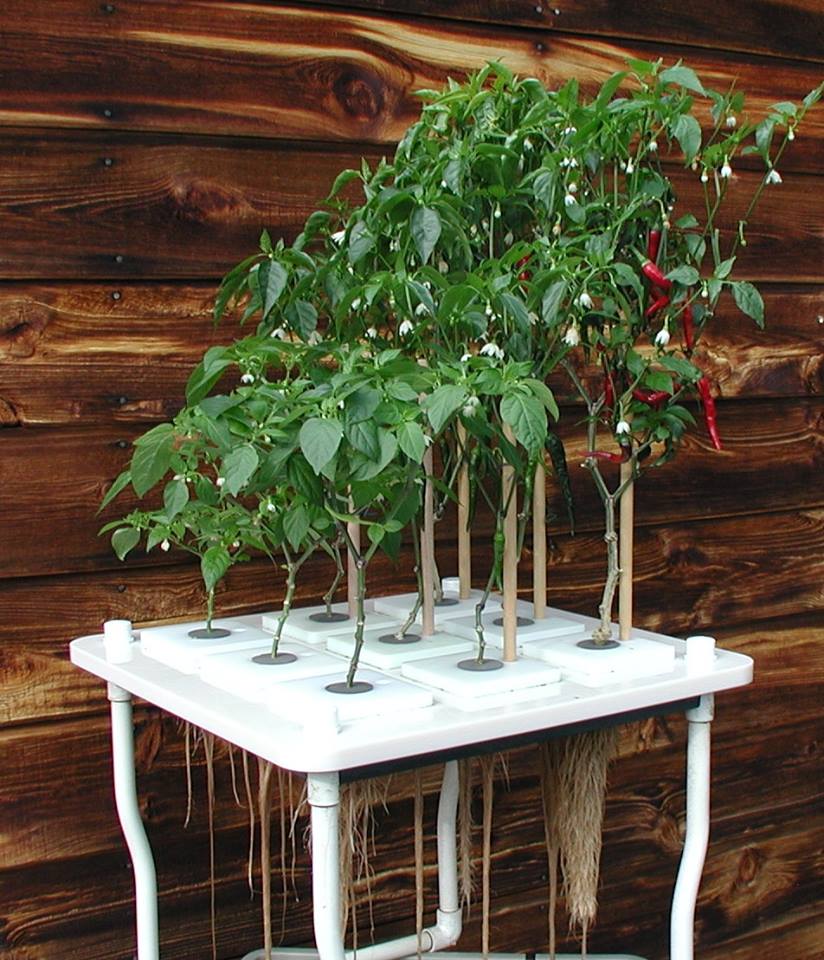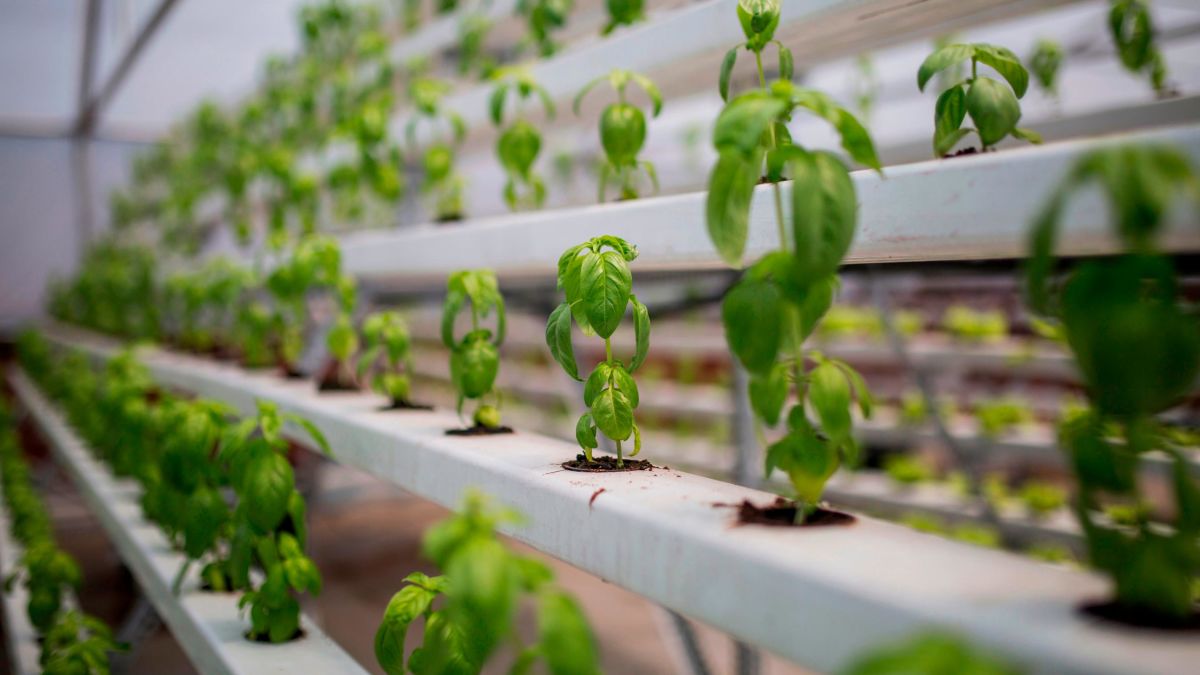Despite its heavy dependence on the oil industry, Nigeria is still principally an agricultural society. Seventy percent of Nigeria’s over 200 million population engages in agricultural production, but at subsistence level.
According to Nations Encyclopedia, over 30 million hectares of farmlands are cultivated every season in Nigeria, a substantial shortfall of the estimated 78.5 million hectares of land required for farming to feed the growing population.
This is where Samson Ogbole’s innovation comes handy – soilless farming, using the unconventional method of farming that involves growing crops in the air known as aeroponics. It’s the process of growing plants in the air or mist environment without the use of soil or an aggregate medium.

Ogbole began the soilless farming in 2014 and two years later founded the company, PS Nutraceuticals to implement the cutting edge agricultural technologies.
“Soilless growing entails removing the soil component, bringing in substitutes, and applying fertilizer to enable the plants to grow,” Ogbole says.
“With soilless farming, we have been able to push for what you call urban farming, where we now have farms in cities such that we are able to cut off the middlemen and marketers,” he says.
“And with soilless farming, we have been able to eliminate the pathogens that exist in the soil that naturally affect these crops.”

Ogbole hopes the innovations will be the benchmark for health “as we push for nutraceuticals in the country to redirect agriculture from just food production to becoming a foundation for health, youth empowerment, data, policy creations, and climate preservation.”
“We aim to create a blueprint for other nations to use to ensure rejuvenated agriculture that is healthy for the farmer, the consumer and the environment without undermining the economic empowerment of the farmer,” he adds.
With this innovation one can “grow [crops] any time of the year” says Ogbole.
As expected in every society, at the initial stage, the technology wasn’t accepted. “…Disrupting the norm was a herculean task but that is in the past as we have lots of people investing in soilless farming, adding climate-smart agriculture at varying levels and our seeds are in high demand,” he says.
Only 46% of Nigerian soil is fertile to grow crops, according to Ogbole, making it imperative for the technology to play a more prominent role in agriculture for a variety of reasons.

“We’re bringing in technology into agriculture so that the youth can actually see this as a viable option.
“We also want to ensure that food production is no longer seasonal, and we’re also bringing in smart sensor technologies into agriculture so that you’re able to get feedback from your plants,” he says.
Ogbole believes the future of Nigeria’s economy depends on the “few people who have bright ideas, that can think outside the box for us to latch on. Money does not solve problems; ideas, solve problems.”
He’s currently training and equipping more talents to produce affordable technology for agriculture.
“Food will not go out of style, so this is one sector that will always remain relevant because people must eat,” he says.










